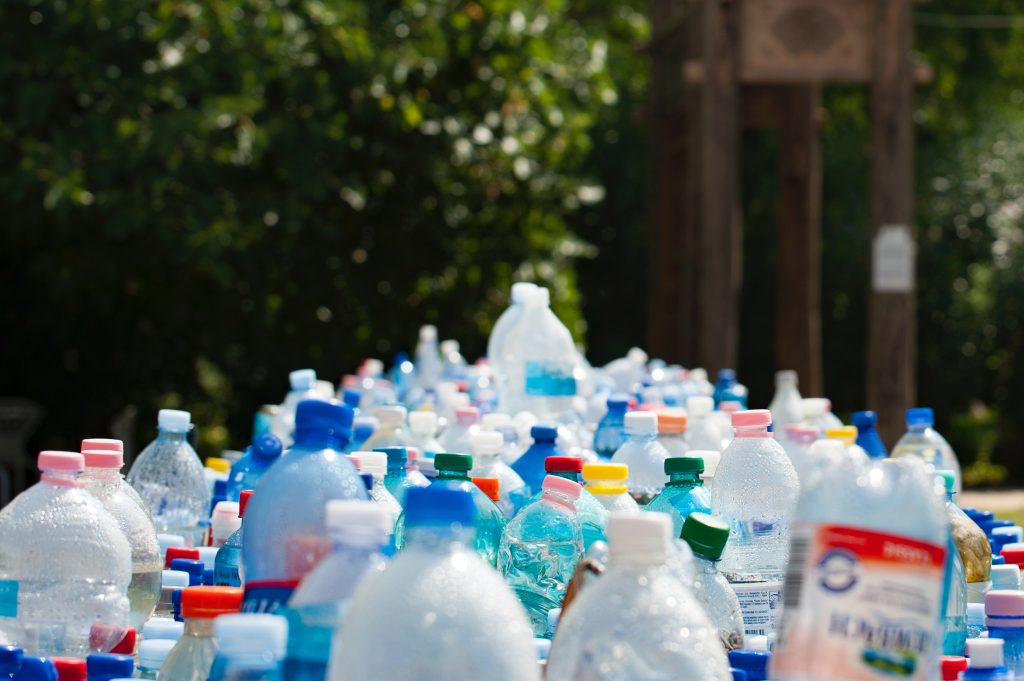The team led by Professor Chen is developing a depolymerizable plastic
A 100% recyclable plastic? It would be the dream of anyone who cares about the fate of the world in which we live, of course, but more than a dream, now fully reusable plastic seems to be a reality. A group of researchers from the chemistry department of the University of Colorado, led by Eugene Chen, has synthesized in the laboratory a new material, which at first glance is robust and resistant, essential characteristics for a plastic material.
In addition, however, it seems that this new material is reusable many times, giving a radical twist to the current concept of recycling. The team of researchers is convinced that the chemical-physical properties of this new plastic can compete with traditional plastic, replacing it almost entirely.
Structure of the gamma-butyrolactone
Synthesized from the gamma-butyrolactone, the new material can be easily broken down, without the aid of chemical solvents and without resorting to complex chemical processes, returning it to its original structure in a few minutes and, above all, at room temperature. After this “cold” decomposition process, the polymer can be reused, giving it a new shape. For this reason, its creators have defined it as a material with a “circular life cycle”. By slightly changing the catalysts used in the synthesis of this product, scientists were able to obtain two different versions of the polymer, one with a linear chain and one with a cyclic chain.
The advantage, in addition to complete recyclability, will be a drastic reduction in recycling costs, while reducing, at the same time, the environmental impact. Currently, in fact, biodegradable plastics… are not. They simply degrade into microplastics that then enter the food chain. Packaging, bottles and everything that is made of plastic, very often is dispersed in nature. The way to market this innovative product is, however, still to be traced.
For the moment, not a single patent has been filed, because researchers are working to optimize the production technique, making it cheaper and more attractive to the market. The commitment for the team led by Eugene Chen is to generate eco-friendly materials that can be easily depolymerized to recover their original status, instead of being dispersed in landfills, or in the seas and oceans.
